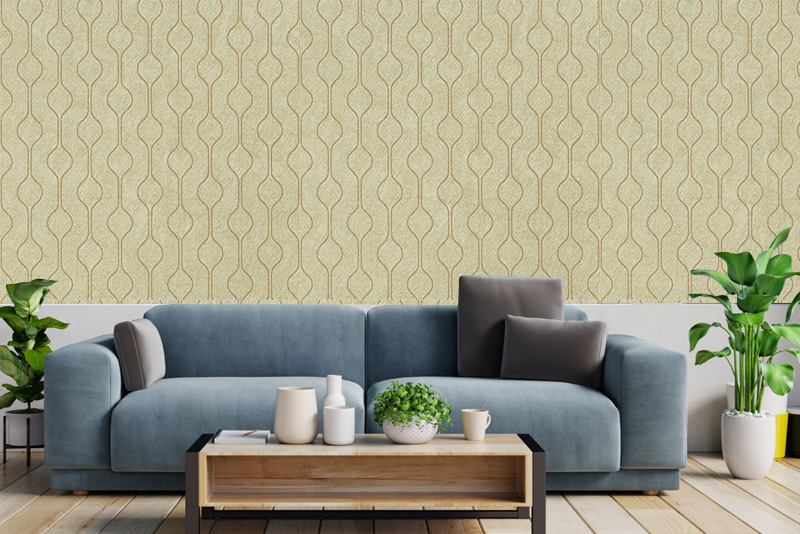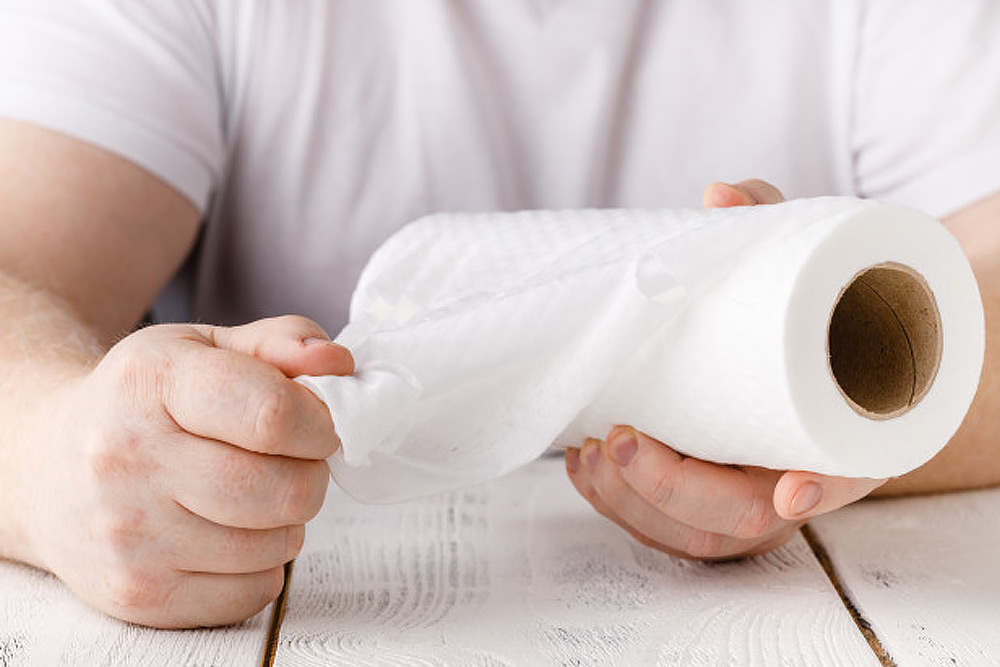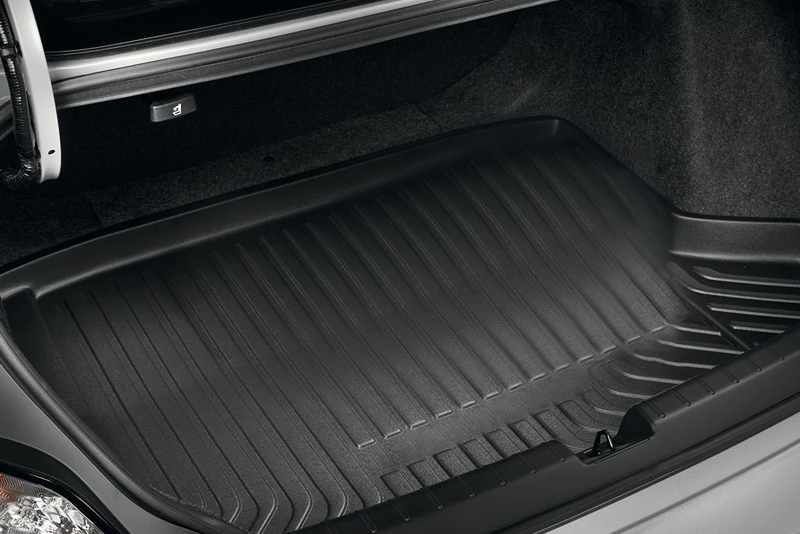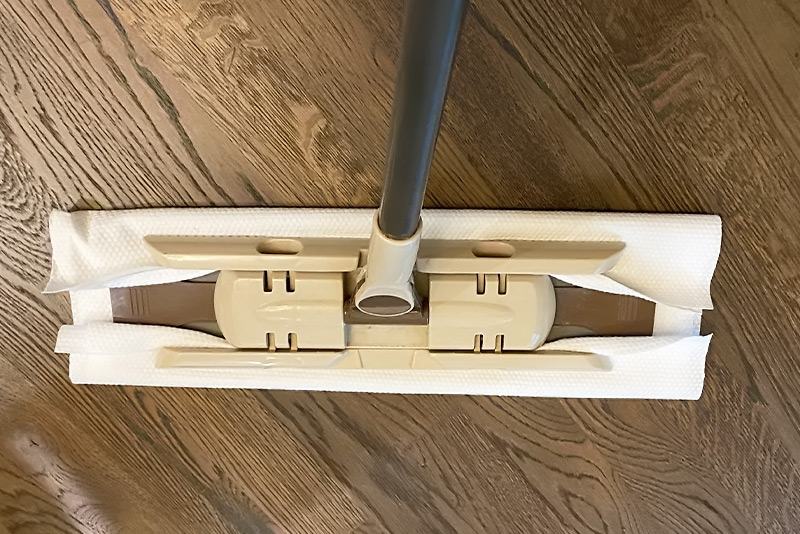Nonwoven facial mask sheets vary in their environmental impact, and whether they are biodegradable or environmentally friendly depends on the materials used and the manufacturing processes. Here's a breakdown:
Synthetic Fibers: Many nonwoven facial mask sheets are made from synthetic materials such as polypropylene, polyester, or rayon. These materials are not biodegradable and can contribute to plastic pollution.
Natural Fibers: Some nonwoven masks are made from natural materials like cotton, bamboo, or other plant-based fibers. These materials are more likely to be biodegradable and environmentally friendly, breaking down more easily in the environment.
Synthetic Nonwovens: Masks made from synthetic fibers are generally not biodegradable. They can persist in the environment for long periods, contributing to landfill waste and microplastic pollution.
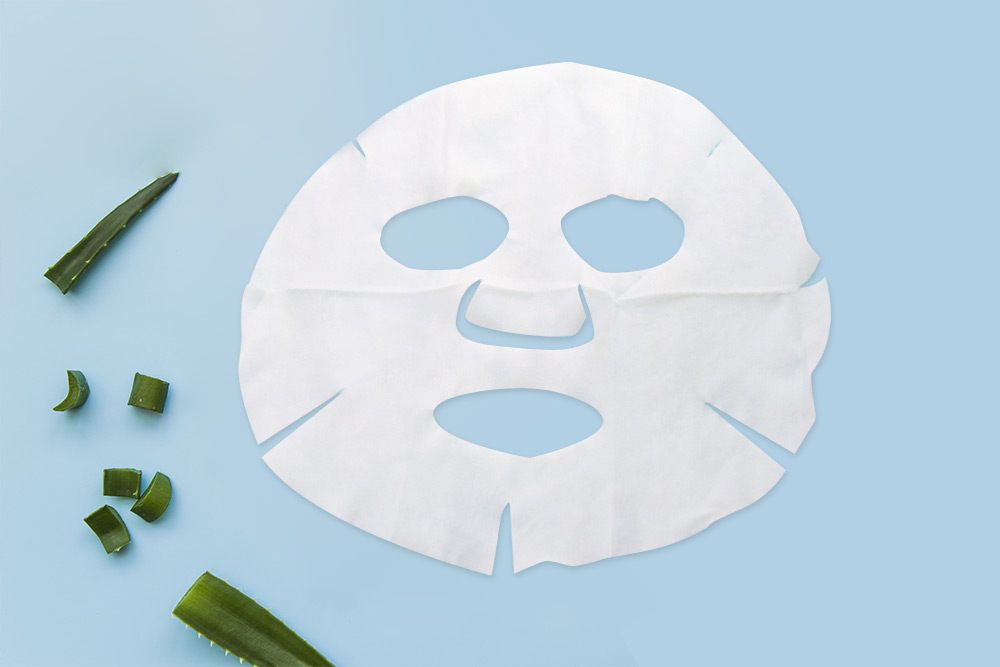
Natural Nonwovens: Masks made from natural fibers are more likely to be biodegradable. For instance, cotton and bamboo can decompose relatively quickly compared to synthetic alternatives, especially when disposed of properly.
Production and Disposal: The environmental friendliness of nonwoven facial mask sheets also depends on their production process and disposal methods. Energy-intensive production processes and improper disposal can negate some of the environmental benefits of biodegradable materials.
Packaging: The environmental impact of facial masks is not limited to the mask itself. The packaging, often made of plastic, can also contribute to environmental pollution.
Eco-Friendly Brands: Some brands are now offering more sustainable options, using biodegradable materials, eco-friendly packaging, and sustainable sourcing practices. Look for certifications and labels that indicate environmentally friendly practices.
Reusable Masks: Consider using reusable fabric masks that can be soaked in serums. These can be washed and reused multiple times, reducing waste.
Reading Labels: Check the packaging for information on the materials used and any certifications indicating environmental friendliness.
Supporting Sustainable Brands: Opt for brands that prioritize sustainability, using biodegradable materials and minimal, recyclable packaging.
Nonwoven facial mask sheets can be biodegradable and environmentally friendly if made from natural fibers and produced using sustainable practices. However, many are made from synthetic materials that are not biodegradable and can have a significant environmental impact. To reduce your environmental footprint, consider choosing masks made from natural fibers, supporting sustainable brands, and exploring reusable alternatives.


 English
English 简体中文
简体中文 日本語
日本語

